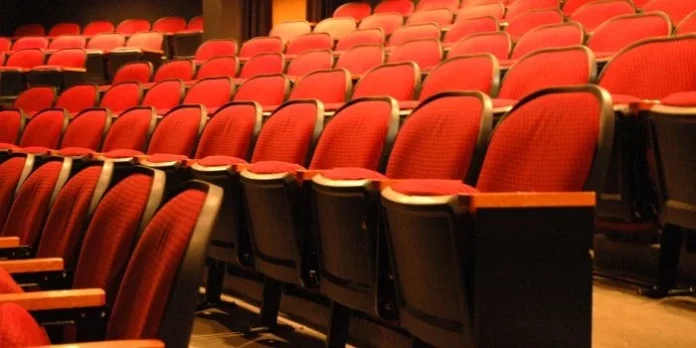There is little doubt writing The Year of Magical Thinking was a cathartic experience for author and playwright Joan Didion. For the audience though, its basic promise is never quite delivered.
Based her 2005 memoir of the same name, and her companion piece Blue Nights written in 2011, The Year of Magical Thinking recounts Didion’s grieving process after the sudden death of her husband in 2003, and the subsequent death her daughter Quintana two years later.
The title refers to the anthropological idea of the “if” statement, where it is thought, sometimes irrationally, that one event can cause another to occur. In her play, Didion initially illustrates this concept with an oddly chosen example of how “if a virgin is sacrificed, the rain will come”.
It isn’t until nearly an hour into her 90-minute monologue though before Didion makes any real association between her own grieving process and that of magical thinking. And while it is a particularly moving moment, believing that if she somehow kept her daughter alive her husband would miraculously return, the concept of magical thinking becomes obscured behind a wall of facts, and random family memories. It may talk to a certain detached mechanism Didion used to deal with her grief at the time, but there is little room left for the theatrical imperative of a sustained emotional connection.
As a solo show, The Year of Magical Thinking would be a workout for any actor, and in this production Cory Philley finds out just how difficult it is to sustain. Often rushing the text, Philley faltered on a number of occasions, giving the impression that the bulk of her pauses came from a struggle to remember what comes next, rather than for dramatic effect.
In his program notes, director Gerald Williams says when he first visited Roedde House, the venue for this production, he knew he wanted to see the show performed here. While it may provide some physical intimacy, within the constraints of Didion’s script the emotional intimacy never quite takes shape. Philley’s attempts to draw us in, with an occasional small gesture or more direct address, is not enough.
While at times feeling like an extended book reading, there is a distinct impression this abridged transition to the theatre pales in comparison to its best-selling source material. But its biggest weakness comes from under-delivering on its promise of chronicling a year where magical thinking helped a wife and mother to grieve.
The Year of Magical Thinking by Joan Didion. A Tomo Suru Players production. On stage at the Roedde House Museum (1415 Barclay St, Vancouver) until June 15. Visit tomosuruplayers.com for tickets and information.

